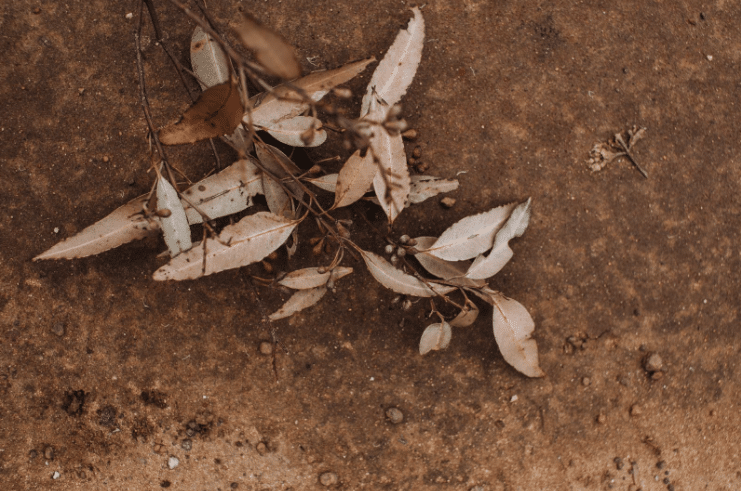With the extreme heat coming and going this summer (115 degrees in late June!?), your plants need extra care to survive the heatwave. Whether you are growing vegetables, a flower garden, or even some indoor plants, check out the tips below to salvage your burned and stressed plants and protect them from future damage.
Signs that your plant has been overexposed to the sunlight include dark or bleached spots on the leaves and hardened soil. Try to water and fertilize your plants early in the morning before the sun gets too intense or in the late afternoon. If you need to water a plant in the middle of the day when the sun is at its hottest, then only water the soil and don’t wet the foliage. If you are working with indoor plants, remove them from the sun into a shady spot and soak them in water. However, just like they can have too much sun, plants can also have too much shade!
The sun dries out your plants, so the most significant thing you can do is provide them with more water. Soaking the ground at the plant’s base a few times a day will help rehydrate the soil. Your plant exudes energy trying to keep its dead leaves alive; therefore, you should trim the dead or scorched foliage after watering to ensure the plant’s energy goes to all the right places. However, you should wait to trim the dead areas off your plant until the damaged parts look dead and crunchy. Waiting helps to protect the healthy leaves that are not directly exposed to the sun and gives the plant time to heal itself. Start by taking the most damaged leaves and stems, but do not take more than ⅓ of the plant at a time to avoid additional stress on the plant.
Keeping your plants watered and fertilized while they heal is essential. Mulch can help to keep the soil hydrated, protected from the sun, and slow down evaporation, so after watering, it is a good idea to put some underneath your outdoor plants. When choosing your mulch, use biodegradable materials and avoid putting mulch against trees due to the fact trees can be damaged from rot.
Looking forward, there are some ways to prepare now for another heatwave. Drip irrigation systems for large gardens or soaker hoses for smaller spaces will help make sure your plants get watered deeply and less frequently. Furthermore, shade cloth is a covering of cloth or plastic that is used to control the amount of sun exposure. They are often used in vegetable gardens and help protect plants from intense sun. Consult professionals in your area if you believe these would be beneficial to your garden.
Your plants need extra attention due to the heat, but don’t forget to take care of yourself too! Stay hydrated, limit your exposure to the sun and wear protective measures like hats and sunscreen. Now, sit back and enjoy the sunshine and your beautiful garden.


